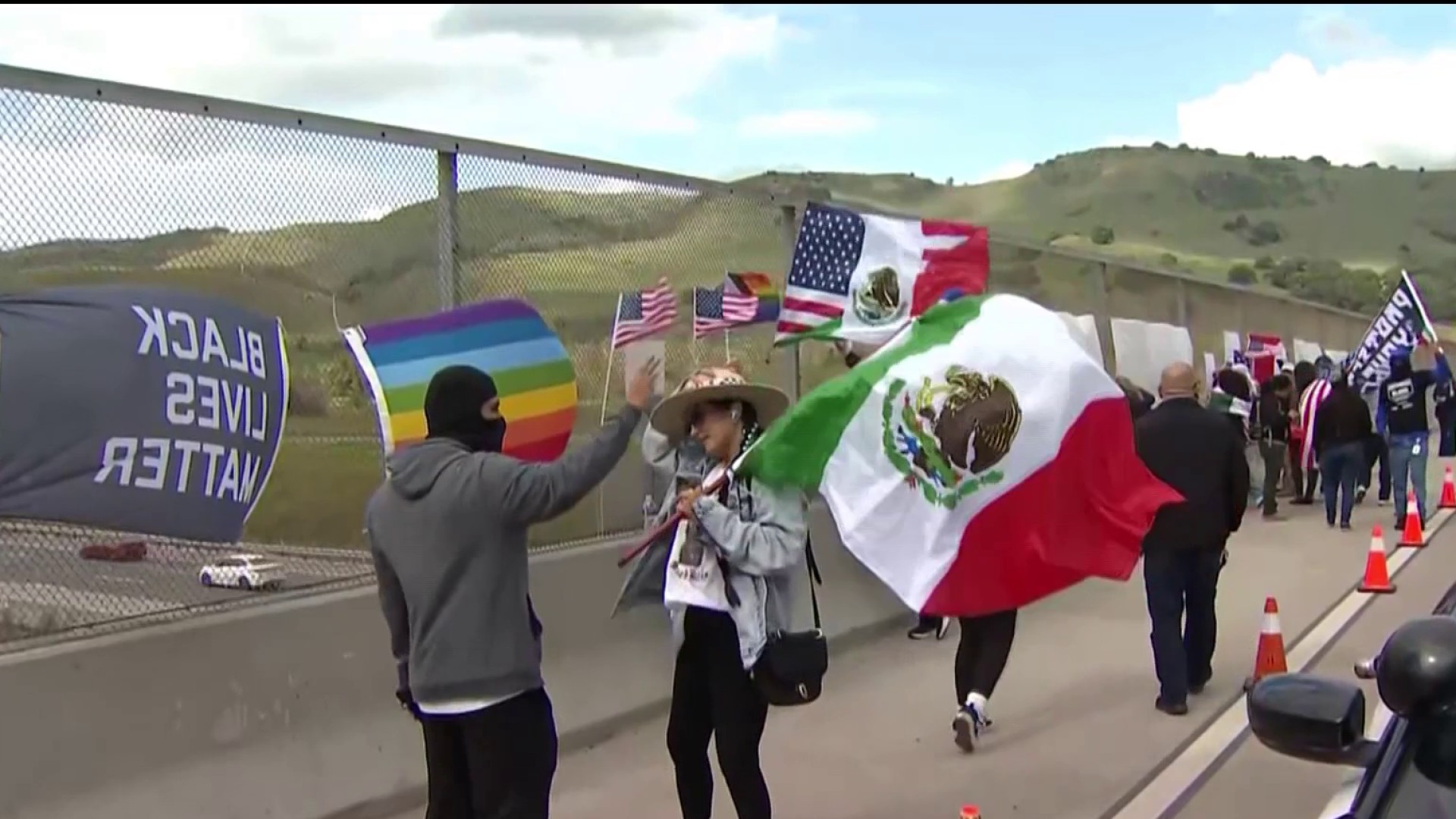The countdown to a BART strike started at months, then went to weeks, and then to days. As Jodi Hernandez reports it is now down to hours.
Bay Area business leaders today called on the region's employers to come up with contingency plans for a possible BART strike starting Friday that they said could greatly harm the local economy.
"This really is an emergency situation," said Jim Wunderman, president of the Bay Area Council, a regional business-sponsored advocacy group that held a news conference this morning at its headquarters in San Francisco.
BART management and its labor unions are continuing to negotiate during a 60-day cooling-off period that expires on Thursday night. If no agreement is in place, BART workers could strike as soon as Friday.
The workers, represented by Service Employees International Union Local 1021 and Amalgamated Transit Union Local 1555, already held a four-day strike in July and threatened to walk out again in August before a judge ordered the cooling-off period at the request of Gov. Jerry Brown.
The council estimates that the July strike cost the Bay Area $73 million per day in lost productivity, and Wunderman said, "I think it could be much worse this time."
Metropolitan Transportation Commission chair Amy Rein Worth said a strike this time around would have a greater impact because students were out of school and many workers were on vacation during the previous stoppage.
"We really have to be mindful of the impact that this strike potentially could have on that population that relies solely on public transit to either get from home to school or to work," Worth said.
Local
Wunderman and other business leaders at today's news conference encouraged employers to allow their workers to telecommute or work more flexible hours to avoid overwhelmingly crowded commute hours.
"We simply don't have the capacity on our roads," he said.
Greg McConnell, president and chief executive of the Oakland-based Jobs and Housing Coalition, pointed out, however, that there are many jobs in which telecommuting or alternative work schedules are not an option.
McConnell pointed to "the trucks that have to deliver the foods and groceries, the utility companies that have to continue to maintain their routes, everything else that has to go on in our lives to make sure the Bay Area continues to function."
He even mentioned the Oakland A's, who could potentially have upcoming playoff games affected by the strike if they beat the Detroit Tigers to advance to the American League Championship Series.
"They won't be able to fax that in, they won't be able to telecommute. They're going to have to play that game," McConnell said.
Wunderman said his group is encouraging both BART management and the labor unions to come to an agreement.
"The situation before us doesn't rise to the level of a strike," he said. "It's not fair for a relatively small number of public workers to hold a very large number of people ... as hostages."
He noted that the Bay Area Council conducted a survey last week that found 63 percent of residents in the region said the workers should accept management's current offer, compared to just 6 percent who said management should accept the unions' offer.
"We don't want to be unfair to workers," he said. "It's true they haven't had a raise in a number of years, so they deserve a raise, but it has to be modest. Their compensation and benefit plans are very fair."
Commuters passing through the Civic Center BART station in San Francisco this morning said they are hoping a strike doesn't materialize.
Christie Deng, 31, an architectural designer who takes BART from Oakland to her job in the Civic Center area, called the idea of another BART strike "frustrating."
During the last BART strike in July, she took a combination of buses and a ferry to get to work, Deng said.
"Given my last experience, I would try to drive but the parking situation isn't that good," she said.
Deng said she thinks BART employees are asking for a lot and that their demands don't "make sense with the education and training level" they have.
Manuel Perez, 40, of Alameda, a graphic designer, said he depends on BART and buses to get to his job near St. Mary's Cathedral. He said he doesn't understand why there has been so little progress in the BART labor negotiations.
"It doesn't seem like they've been working," he said of both sides.
Mark Valenta, 31, who does marketing for a tech company in Civic Center, lives near San Francisco's Ocean Beach and said he wouldn't be directly affected by a BART strike since he either takes Muni to work or rides his bike.
"I feel sorry for the people who live in the East Bay," he said.



